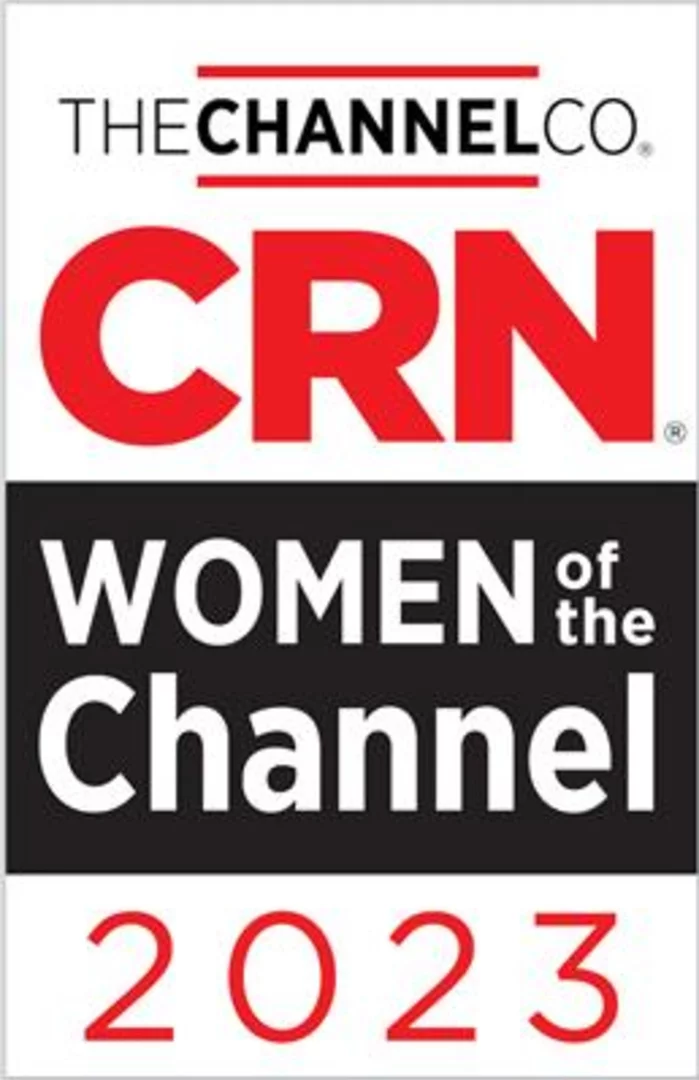Menopause awareness has come a long way in recent years – especially in the workplace. This stands to reason, as nearly 80% of menopause-age women in the UK are in work, according to the Faculty of Occupational Medicine (FOM). In fact, according to ONS figures, menopausal women are the fastest-growing demographic in the workforce. While menopause isn’t challenging for everyone, around three-quarters going through it will experience symptoms – such as brain fog, impaired sleep, hot flushes, anxiety and mood changes – and for one in four women, the impact is severe. Celebrities like Davina McCall have worked hard to tackle taboos and open up conversations around menopause, and a lot has been going on behind the scenes to improve things across healthcare and the workplace. As World Menopause Day 2023 (October 18) approaches, three key figures in the field share their thoughts on the progress so far, and what needs to happen next… Louise Minchin, TV presenter, author and journalist “Progress has definitely been made in respect of people feeling able to speak up. Even if they don’t yet have the answers, people know they can ask the questions – the conversation is no longer taboo, which is brilliant,” says Minchin, who has been at the forefront of menopause conversations in the media. “There’s so much more in the public domain on menopause now, and this enables people to have more of a handle on the topic, and a much better idea where to find help.” In terms of what needs to happen next, she adds: “Employers should be much clearer on how to access training, advice and signposting services that will help their employees work through menopause. Guidelines are all well and good, but [people] need clarity – they need action plans, access to expert trainers and well-informed educators to help them understand and meet their responsibilities and obligations. “It’s important to change the culture, as only when this happens can people open up about what’s happening to them. If you have a supportive and open culture, people feel able to continue in their jobs with the changes that might be needed,” says Minchin – adding that it’s also important to remember “not everyone wants to share or will feel comfortable talking about their situation or their symptoms”, and that needs to be respected too. “We must keep going until we reach the point where we don’t even have to have a conversation about what employers are doing to support colleagues through menopause – because they just are.” Deborah Garlick, CEO of Henpicked: Menopause In The Workplace “In terms of progress, we’ve seen a significant increase in the number of employers taking menopause in the workplace seriously. Seven years ago, no employers had a menopause policy or guidance document. “Today, research suggests around half do, and we have hundreds of employers working towards The Menopause Friendly Accreditation to prove and demonstrate the remarkable, positive impact they’re making for their colleagues,” says Garlick, referencing a scheme set up to show employers ‘have a clear understanding of how menopause can have an effect at work’ and that they ‘care about the wellbeing’ of women at work. “Next we need to see every employer commit to being menopause friendly by putting their menopause policy into action. This is urgent, important and critical for organisational success, particularly with the double threat of our ageing population and the shrinking talent pool,” adds Garlick. “Employers who fail to look after people working through menopause will fall behind.” Rt Hon Caroline Nokes MP, Chair of the Women and Equalities Committee “We’ve made progress on the taboo and stigma, but we need healthcare to up its game. Too many women are still being told they’re too young, it’s depression, you can manage without HRT,” says Nokes, who heads up the cross-party committee set up in 2015 to scrutinise government work and spending around issues impacting women. HRT shortages also need to be tackled, Nokes adds: “You can’t be at your awesome best if you’re anxious about whether your next prescription will be filled – and that is in itself a workplace issue. If we are worried about productivity as a nation, then we need to give menopausal and perimenopausal women the tools to be as productive as possible.” Read More Online apps recommended to manage lower back pain From choppy bobs to fox red, 5 celebrity-approved hair trends for autumn The UK’s first dedicated male breast cancer organisation has launched How Taylor Swift’s style has evolved over the years Model Emily Ratajkowski unveils latest fashion campaign 10 ways to cosy-up your home for an autumnal vibe
Menopause awareness has come a long way in recent years – especially in the workplace.
This stands to reason, as nearly 80% of menopause-age women in the UK are in work, according to the Faculty of Occupational Medicine (FOM).
In fact, according to ONS figures, menopausal women are the fastest-growing demographic in the workforce.
While menopause isn’t challenging for everyone, around three-quarters going through it will experience symptoms – such as brain fog, impaired sleep, hot flushes, anxiety and mood changes – and for one in four women, the impact is severe.
Celebrities like Davina McCall have worked hard to tackle taboos and open up conversations around menopause, and a lot has been going on behind the scenes to improve things across healthcare and the workplace.
As World Menopause Day 2023 (October 18) approaches, three key figures in the field share their thoughts on the progress so far, and what needs to happen next…
Louise Minchin, TV presenter, author and journalist
“Progress has definitely been made in respect of people feeling able to speak up. Even if they don’t yet have the answers, people know they can ask the questions – the conversation is no longer taboo, which is brilliant,” says Minchin, who has been at the forefront of menopause conversations in the media.
“There’s so much more in the public domain on menopause now, and this enables people to have more of a handle on the topic, and a much better idea where to find help.”
In terms of what needs to happen next, she adds: “Employers should be much clearer on how to access training, advice and signposting services that will help their employees work through menopause. Guidelines are all well and good, but [people] need clarity – they need action plans, access to expert trainers and well-informed educators to help them understand and meet their responsibilities and obligations.
“It’s important to change the culture, as only when this happens can people open up about what’s happening to them. If you have a supportive and open culture, people feel able to continue in their jobs with the changes that might be needed,” says Minchin – adding that it’s also important to remember “not everyone wants to share or will feel comfortable talking about their situation or their symptoms”, and that needs to be respected too.
“We must keep going until we reach the point where we don’t even have to have a conversation about what employers are doing to support colleagues through menopause – because they just are.”
Deborah Garlick, CEO of Henpicked: Menopause In The Workplace
“In terms of progress, we’ve seen a significant increase in the number of employers taking menopause in the workplace seriously. Seven years ago, no employers had a menopause policy or guidance document.
“Today, research suggests around half do, and we have hundreds of employers working towards The Menopause Friendly Accreditation to prove and demonstrate the remarkable, positive impact they’re making for their colleagues,” says Garlick, referencing a scheme set up to show employers ‘have a clear understanding of how menopause can have an effect at work’ and that they ‘care about the wellbeing’ of women at work.
“Next we need to see every employer commit to being menopause friendly by putting their menopause policy into action. This is urgent, important and critical for organisational success, particularly with the double threat of our ageing population and the shrinking talent pool,” adds Garlick.
“Employers who fail to look after people working through menopause will fall behind.”
Rt Hon Caroline Nokes MP, Chair of the Women and Equalities Committee
“We’ve made progress on the taboo and stigma, but we need healthcare to up its game. Too many women are still being told they’re too young, it’s depression, you can manage without HRT,” says Nokes, who heads up the cross-party committee set up in 2015 to scrutinise government work and spending around issues impacting women.
HRT shortages also need to be tackled, Nokes adds: “You can’t be at your awesome best if you’re anxious about whether your next prescription will be filled – and that is in itself a workplace issue. If we are worried about productivity as a nation, then we need to give menopausal and perimenopausal women the tools to be as productive as possible.”
Read More
Online apps recommended to manage lower back pain
From choppy bobs to fox red, 5 celebrity-approved hair trends for autumn
The UK’s first dedicated male breast cancer organisation has launched
How Taylor Swift’s style has evolved over the years
Model Emily Ratajkowski unveils latest fashion campaign
10 ways to cosy-up your home for an autumnal vibe









